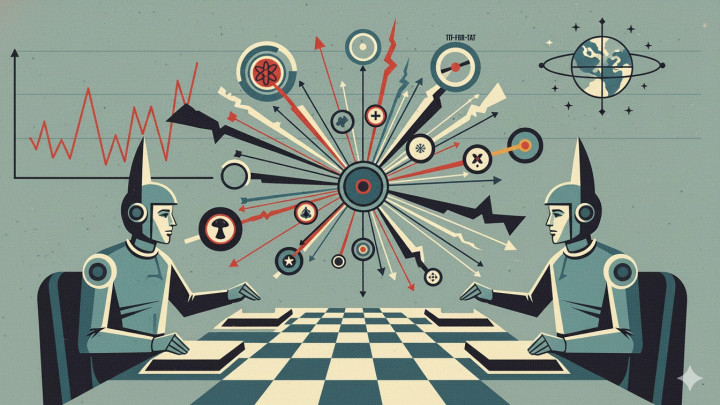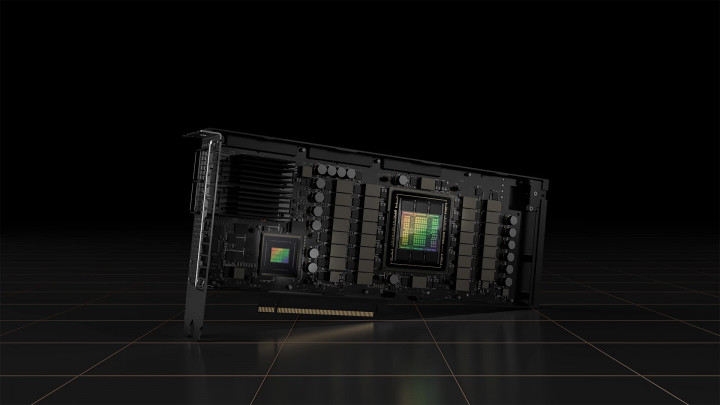Nature's Strategic Genius: Why Don't Stags Fight to the Death?
In the autumn forest, two massive red deer stags square off. They lock antlers, display their strength, and roar loudly. The fight is spectacular and brutal, yet in most cases, the weaker animal eventually gives up and retreats, leaving the victor to win the favor of the hinds. It's rare for these contests to end in death. But why? This doesn't seem to fit the classic image of "nature red in tooth and claw," a bloody struggle for survival. If the ultimate goal is to pass on one's genes, why doesn't the loser try to win at all costs, even risking its life?



















